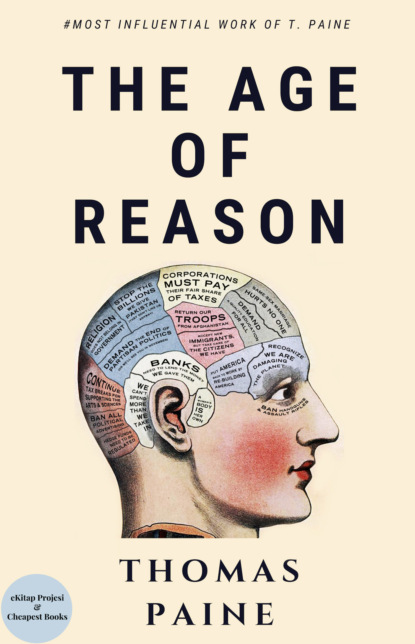Objętość 240 stron
0+
O książce
A major actor in the American Revolution, the English intellectual Thomas Paine (1737-1809) is best remembered for his pamphlet Common Sense (1776), which advocated American independence from Britain. Although accorded honorary French citizenship in 1792 for his republican Rights of Man, Paine was later imprisoned and narrowly escaped the guillotine. It was around this time that he started to write The Age of Reason, originally published in two parts between 1794 and 1795.In Part 1, Paine outlines his personal religious views and attacks institutional faith as a human invention, while Part 2 analyses the Bible and highlights its contradictions. The work was met with great hostility in Britain and denounced as espousing atheism, while in America it led to a short-lived revival of deism but was also much reviled. This reissue includes both parts and affords valuable insight into radical freethinking during the age of revolutions.MISSIONS AND REVELATIONSEvery national church or religion has established itself by pretending some special mission from God, communicated to certain individuals. The Jews have their Moses; the Christians their Jesus Christ, their apostles and saints; and the Turks their Mahomet; as if the way to God was not open to every man alike.Each of those churches shows certain books, which they call revelation, or the Word of God. The Jews say that their Word of God was given by God to Moses face to face; the Christians say, that their Word of God came by divine inspiration; and the Turks say, that their Word of God (the Koran) was brought by an angel from heaven. Each of those churches accuses the other of unbelief; and, for my own part, I disbelieve them all.As it is necessary to affix right ideas to words, I will, before I proceed further into the subject, offer some observations on the word revelation. Revelation when applied to religion, means something communicated immediately from God to man.
